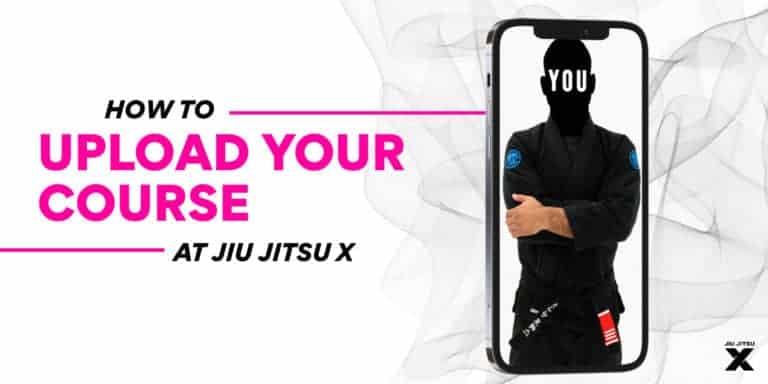

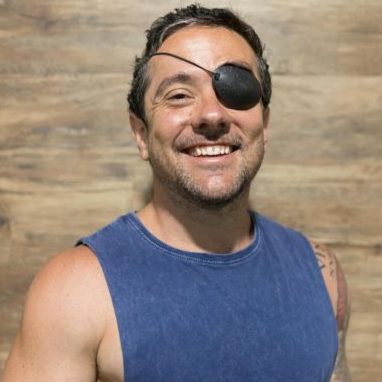
What is rhodiola rosea and why are supplement companies now adding it to their pre-workout formulas? Everything you need to know is in this article.
Rhodiola Rosea is a plant with medicinal qualities used for its beneficial effect on stress, inflammation and energy.
The plant is usually grown at higher altitudes and in colder climates and can be found in areas such as East Northern America, the Arctic and Mountainous areas of Europe and Central Asia.
There is evidence to suggest that the active compounds within Rhodiola Rosea may provide support as a potential chemopreventative for bladder cancer1,2, however, this is well beyond the scope of this article and as cancer treatment involves way too many complexities any and all claims related to RR’s efficacy, and any other over the counter supplement’s efficacy, in this area should always be considered with healthy skepticism.
I want to state that I am not a doctor, nor am I a professional in the medical field. I’m simply a nerd for chemistry, a black belt, and a guy with a neuromuscular disease who often dives head first down rabbit holes looking for ways to improve his ailing body.
Sometimes I find gold, others not so much.
Before you go out and buy yourself this supplement, please discuss it with your doctor first to determine whether it will in fact be right for you, your current medical situation and your goals.
Like all supplements, you’ll easily find just as many studies praising their use as you will denouncing them.
And whether Rhodiola Rosea works for you, or doesn’t, can come down to a variety of factors.
I am not here to point you in the direction of a magic pill that will turn your jiu jitsu kindling into jiu jitsu fire. After all, supplements are just that – supplements – so it’s best not to put all your eggs in one basket in regards to their use.
I also want to state that neither myself nor the team at Jiu Jitsu X will in any way shape or form be making money from the sale of Rhodiola Rosea from this article.
We are merely seeking to provide you with a resource to help you make more informed decisions when it comes to purchasing your supplements, whether it be the one featured in this article, or any other in the future.
Now that’s out of the way. Let’s dive in…
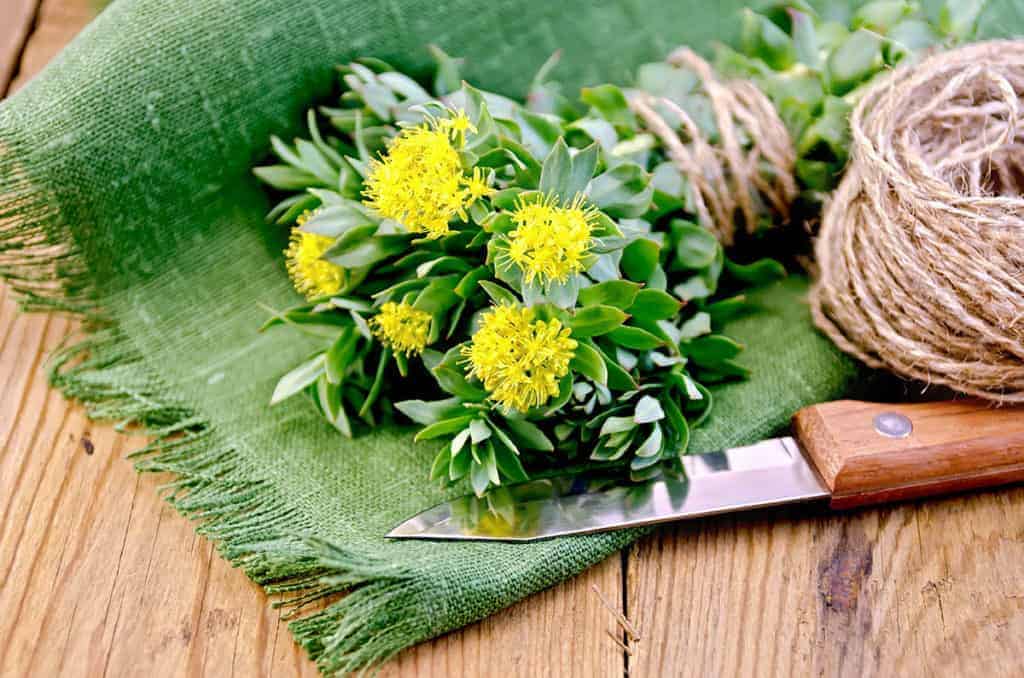
Rhodiola Rosea has been seen to aid in:
The benefit Rhodiola Rosea has produced in these cases comes down to the plant’s reported ability to reduce inflammation in the body by regulating immune cell differentiation, activation of signaling pathways, and the discharge of inflammatory factors via a constituent known as salidroside.4
And while not all inflammation is bad (plot twist – yes, you need a certain level of inflammation to protect and heal your body from infection and tissue injury) chronic inflammation can lead to a whole host of bad news for your health.5
Compared to other clinically prescribed anti-inflammatory agents, Rhodiola Rosea’s effect may be significantly weaker per dose6 and a proportion of commercial Rhodiola Rosea products (like many commercial medicinal plant supplements) on the shelves in your local health food store may not contain much, or sometimes any, of the required active compounds needed to reduce inflammation.7
However, this doesn’t mean that it is impossible to find good quality Rhodiola Rosea – you just need to be diligent in your purchases.
And while Rhodiola Rosea may be weaker, compared to more concentrated targeted anti-inflammation medications, aside from the occasional increase in heart rate, RR has significantly fewer reports of toxic or adverse reactions, compared to the potential for gastrointestinal irritations and liver and kidney damage seen in the excess use of more commonly prescribed anti-inflammatory agents.8

Yes, like all jiu jitsu practitioners, the constant stress you put your body under, each and every day/night on the mats, not to mention those constant niggling injuries, has the potential to lead the beautiful complicated system that is your body into a state of chronic inflammation.
So, what is stress exactly? I mean, I get stressed when my dog chews holes in my MeUndies and craps in my Birkenstocks (Yep, I’ve recently become one of those dorks. Trust me, I’m not proud of wearing them in public, and I’ll probably never get a girlfriend, but they are comfy – so, there’s that), but is this a type of stress I should be concerned with?
Well no, not exactly.
The types stress I’m talking about are the physiological (injury, harm, illness, etc), environmental (pollution, biological hazards, etc), and psychological (mild anxiety, depression, etc) which chronically interfere with your body’s ability to achieve homeostasis.
This disruption to a system seeking to achieve homeostasis (your body) over a prolonged basis can result in more frequent sympathetic nervous system reactions, such as elevated heart rates, high blood pressure, and high blood sugar; making them the new unwanted norm.
However, just like inflammation, we still need this response, as it has played – and still plays – a vital role in our survival.
Unfortunately, prolonged and over exaggerated triggering of this system has become a common thing, and what was once a survival mechanism to help our ancestors flee or fight danger, has now become our everyday response to work and school deadlines, the 24-hour reachability of the digital world, relationships, social media and our dogs constantly chewing our overpriced underwear and sh*ting in our idiot shoes.
And now, more and more evidence suggests that chronic stress, for some people, can increase the risk of physical and psychological stress related diseases such as hypertension, severe depression, cardiovascular disease and more.9
So, what does stress look like for the jiu jitsu practitioner?
Sh*t, the list is endless! I only stopped there because it started to stress ME out. Damn, us jiu jitsu practitioners sure do have a lot on our plates.
But don’t stress over it…
Knowing the damage chronic stress can potentially have for you means you can now take the steps to mitigate it.
For most people, (not all) stress can be managed with simple remedies like meditation, good nutrition, good rest, good sleep, not taking life so seriously, good hygiene, professional medical and therapeutic intervention, avoiding toxic environments and toxic people and spending more time with people who are good for you, and potentially…
… Rhodiola Rodea. (Hey, what do ya know? We’ve circled back on topic.)
One double-blind study conducted on students over a 20-day stressful examination period found that the group taking Rhodiola Rodea benefited from improved neuro-motor control, reduced mental fatigue and overall improved well-being compared to those in the placebo group 10, 11.
Rhodiola Rosea appears to work by normalizing stress hormone secretion (dampening the overactive fight, freeze, or flight response).12
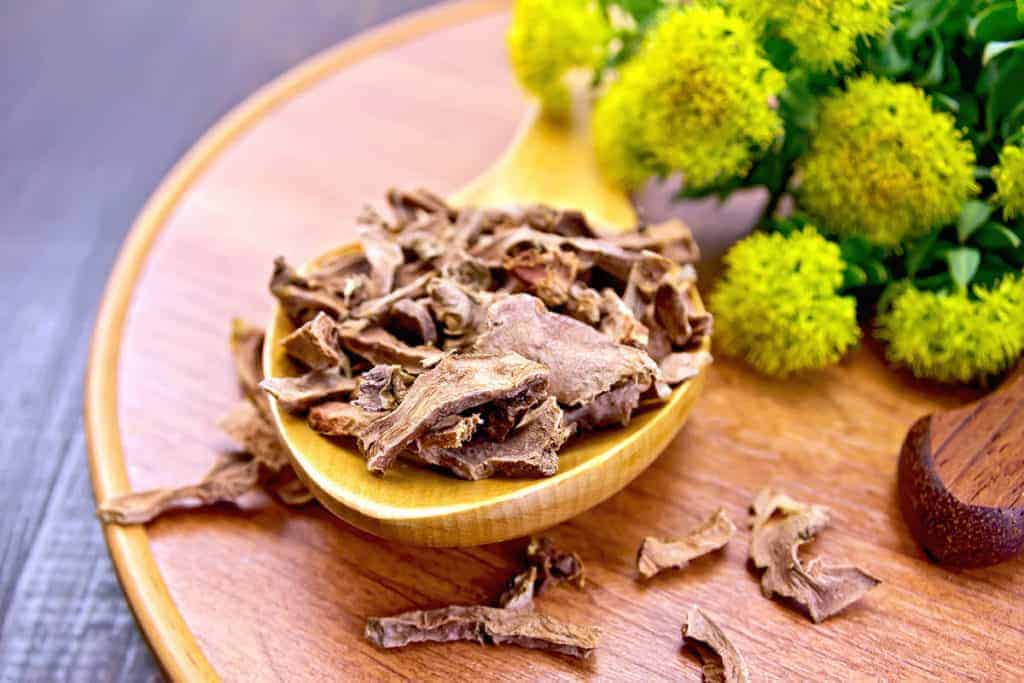
Evidence suggests that the benefits of taking Rhodiola Rosea relate to it’s apparent ability to reduce sensations of fatigue, therefore allowing the athlete to “do more work”.
One RR supplementation study, conducted on a group of male and female participants (n=60) aged ~20 to 55 suffering from burnout, benefited from anti-fatiguing effects which lead to improved mental performance and focus while regulating cortisol secretion.13
While this study focused on individuals suffering from burnout and stress-related disease, it is important to acknowledge the knock on effect stress, both on and off the mat, can have on your performance.
So, if you’ve ever had a super long stressful day at work (who hasn’t?), and found yourself sitting in your car debating whether to go to jiu jitsu or whether to hit up the drive through at KFC instead (again, who hasn’t?), you can see how mental fatigue, and how well you manage it, can influence your training.
It also appears Rhodiola Rosea may provide benefits to you in regards to physical output as well.
In one double blind study, 24 physically active males were tested over two separate training sessions and given either 200mg of Rhodiola Rosea or a placebo one hour before each session to test the effects of RR supplementation on performance and output. This study found that aerobic capacity (oxygen uptake and CO2 output) had improved time-to-exhaustion, increasing from 16.8 minutes (in the placebo group) to 17.2 minutes (Those taking RR). However, it is unclear whether baseline fitness levels for participants within each group had been recorded prior to testing.14
Another double-blind study conducted on cyclists found that a group taking a dose of 3mg RR per kilo of body weight one hour before training reported lower heart rates during warm-ups, lower rates of perceived exertion during the completion of time trials (which is important as the less you feel exhausted, the more you can do) and significantly faster time trial completion times: 25.4 min RR group vs 25.8 min placebo group.15 (You may not think 0.4 min is significant, but remember this is a time trial for cyclists, so just under 30 seconds is a huge amount of time to wait for someone at the finish line).
While one study found Rhodiola Rosea provided no benefit when it came to oxidative stress16 , others, including the studies cited in the anti-inflammation section earlier in this article, state exogenous antioxidants such as the salidroside found in RR have already been proven to do just that.17
One animal study found that RR had the potential to increase fear memory during tasks18 – which sounds bad, but it’s essentially the learning and remembering of what to avoid to aid in survival. So, think about fear memory as something that helps you remember and recognize your opponent’s submission attempts.
A meta-analysis of 36 studies concluded that Rhodiola Rosea improved learning and memory function in animal experiments19, reducing the number of errors as well as escape latency in maze trials. However, the methods and standards between the studies in this meta-analysis varied and many were also flagged as “high-risk” for having potential biases.
However, while the results above point to direct improvements in mental performance during task experiments, (reliable or not) it could be argued that the previously mentioned benefits RR provided in relation to mental and physical fatigue, well-being, blood pressure and glucose supply to the brain could be a potential mechanism improving mental focus and performance compared to cases where these areas have been compromised.20
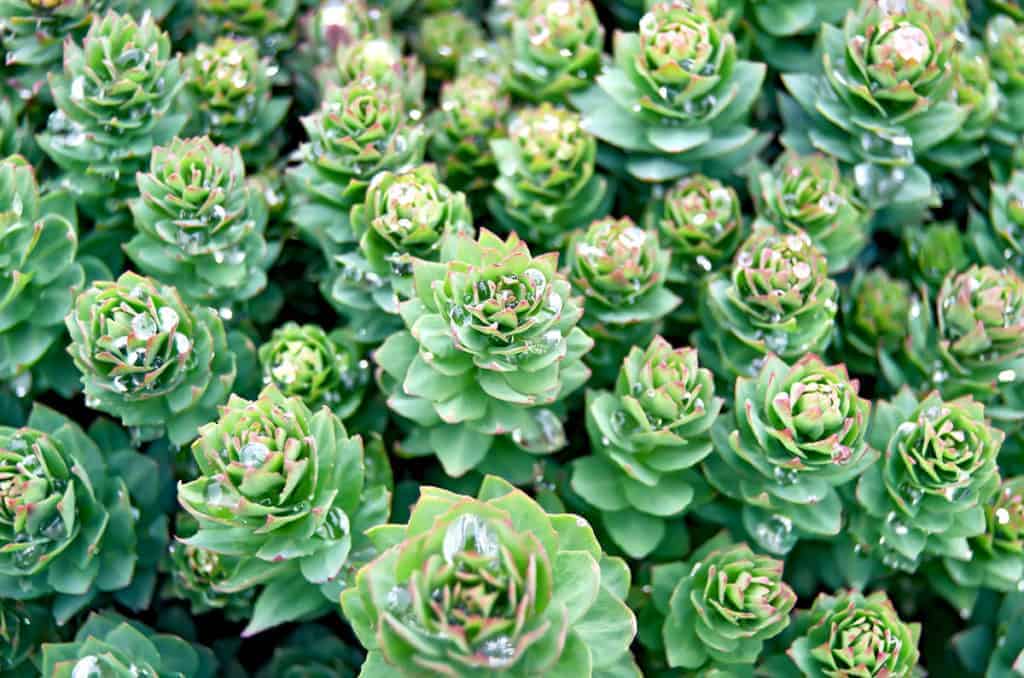
In human trials, RR has so far not been seen to elicit any side effects worthy of note21. While short term use appears safe, studies in long term use are still needed.
Rhodiola rosea has been seen to inhibit the CYP enzymes, which may interfere with the metabolization of certain drugs such as warfarin22. However, these effects were modest22 and it appears administration of Rhodiola Rosea with Warfarin had minimal effect on its anticoagulation activity.23
Rhodiola rosea can provide energy via a slight stimulatory effect, however, not in the same ways as caffeine or other stimulants.
Rhodiola Rosea may provide benefit as:
Again, please consult your doctor before taking Rhodiola Rosea or any other supplement. There has been a lot of information covered in this article, but by no means did it include all the information available.
While Rhodiola Rosea may be able to produce some benefits for you in your training, it is not a magic pill that will improve your technique, strategy or skills on the mat.
And while no supplement can ever hope to do that for you, Jiu Jitsu X can certainly provide you with the tools to point you in the right direction.
Click here and check out our full database of courses from some of the greatest instructors on the planet.
Copy and paste their games to your own, and get the answers to your biggest problems on the mat now.


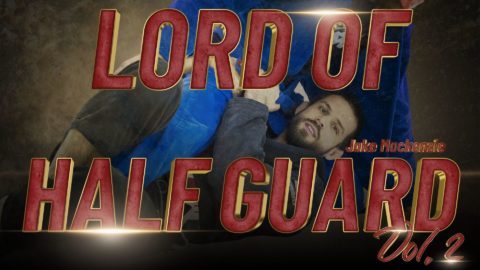
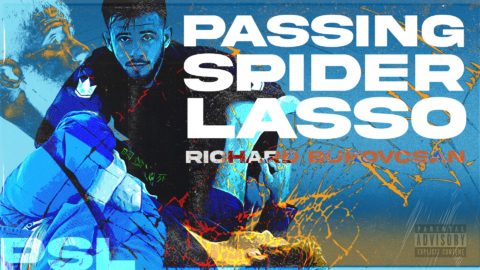




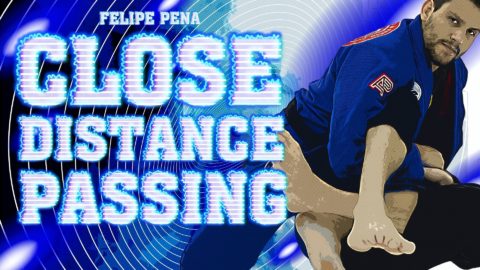
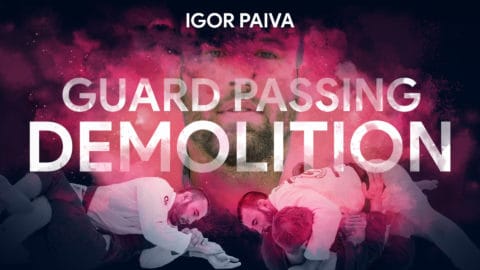
Jiu Jitsu X is on a mission to make learning jiu jitsu online more pleasant and more effective. Transforming your knowledge on the mats.


The BEST way to watch your courses and carry your favorite teachers in your pocket.
All you have to do is subscribe to our newsletter below and we’ll send your copy of the JJX Pressure Passing Cheatsheet straight to your inbox!
Plus, as a member of our newsletter list, you’ll also benefit from even more FREE game-changing content each week, plus handy alerts for all of our incredible discount sales.